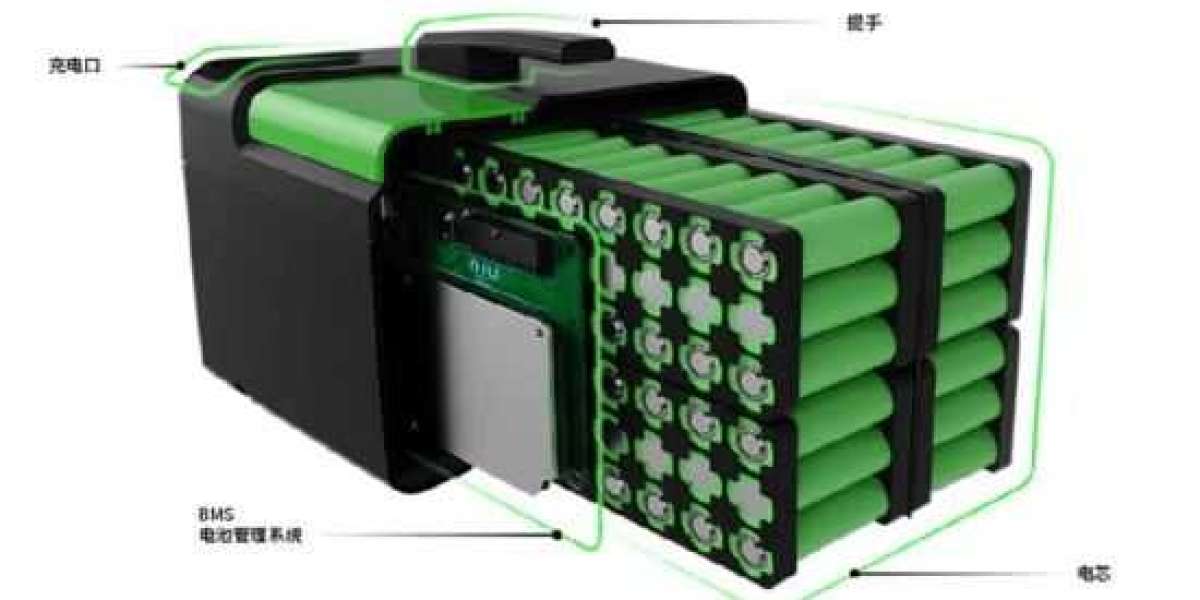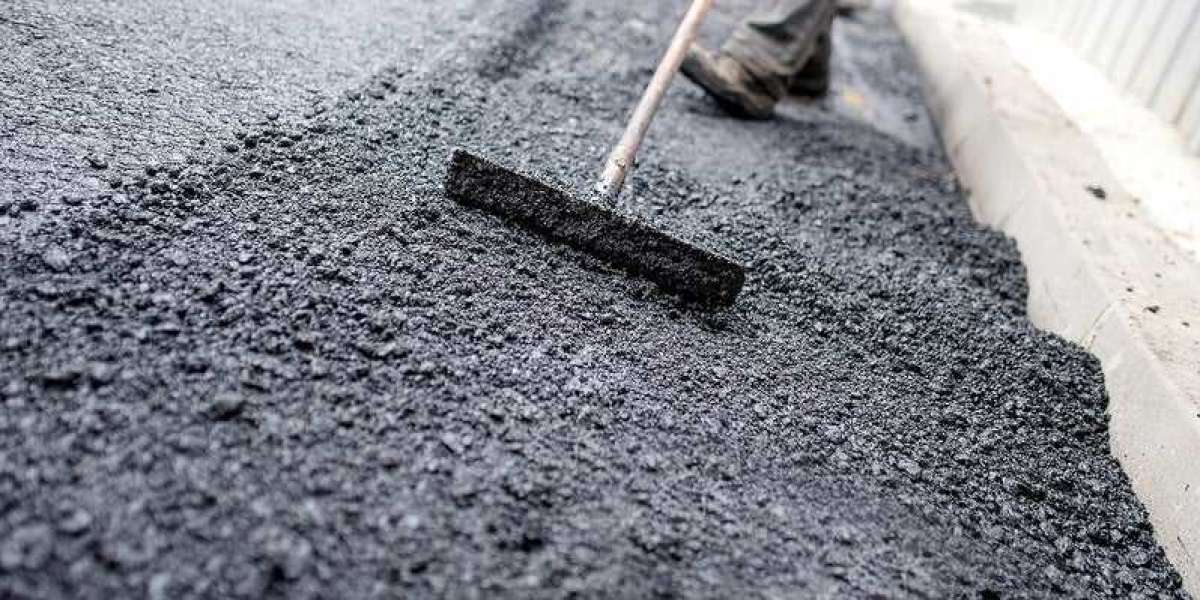Lithium battery is a kind of battery made of lithium metal or lithium alloy as positive / negative material and using non-aqueous electrolyte solution. the common lithium-ion batteries are 12V lithium-ion battery, 24v lithium ion battery and 48V lithium-ion battery. It is often used as the abbreviation of lithium-ion battery, but the strict meaning of lithium battery is lithium primary battery.
Let's take a closer look at the differences between them.
Lithium battery.
Although it is often used as the abbreviation of lithium-ion battery, the strict sense of lithium battery is lithium primary battery, which contains pure lithium metal, which is disposable and can not be rechargeable.
Lithium metal battery generally uses manganese dioxide as cathode material, lithium metal or its alloy metal as negative electrode material, and uses non-aqueous electrolyte solution. Because the chemical properties of lithium metal are very active, the processing, preservation and use of lithium metal have very high requirements for the environment. Therefore, lithium battery has not been used for a long time.
Lithium ion battery
It is a rechargeable battery that works mainly by the movement of lithium ions between the positive and negative electrodes.
Lithium-ion batteries use an embedded lithium compound as an electrode material. At present, the main cathode materials used in lithium-ion batteries are lithium cobalt oxide (LiCoO2), lithium manganate (LiMn2O4), lithium nickel oxide (LiNiO2) and lithium iron phosphate (LiFePO4).
There are two types of lithium-ion batteries: liquid lithium-ion battery (LIB) and polymer lithium-ion battery (PLB).
Liquid lithium-ion batteries use liquid electrolytes (which are mostly used in power batteries at present).
Polymer lithium-ion batteries are replaced by solid polymer electrolytes, which can be "dry" or "colloidal". At present, most of them use polymer gel electrolytes. With regard to solid-state batteries, strictly speaking, it means that both electrodes and electrolytes are solid.
In 1992, Sony successfully developed lithium-ion battery. It has the characteristics of high energy density, no memory effect, and only slow charge loss when not in use, so it is now suitable for rechargeable lithium batteries such as mobile phones, cameras, power tools, electric vehicles, energy storage, communication base stations and so on. they are all lithium-ion batteries. This new and efficient battery has been able to break through the shortcomings of the old lithium battery and lead-acid battery and achieve the goal of comprehensive replacement. Lithium-ion battery is referred to as lithium-ion battery for simplicity.



